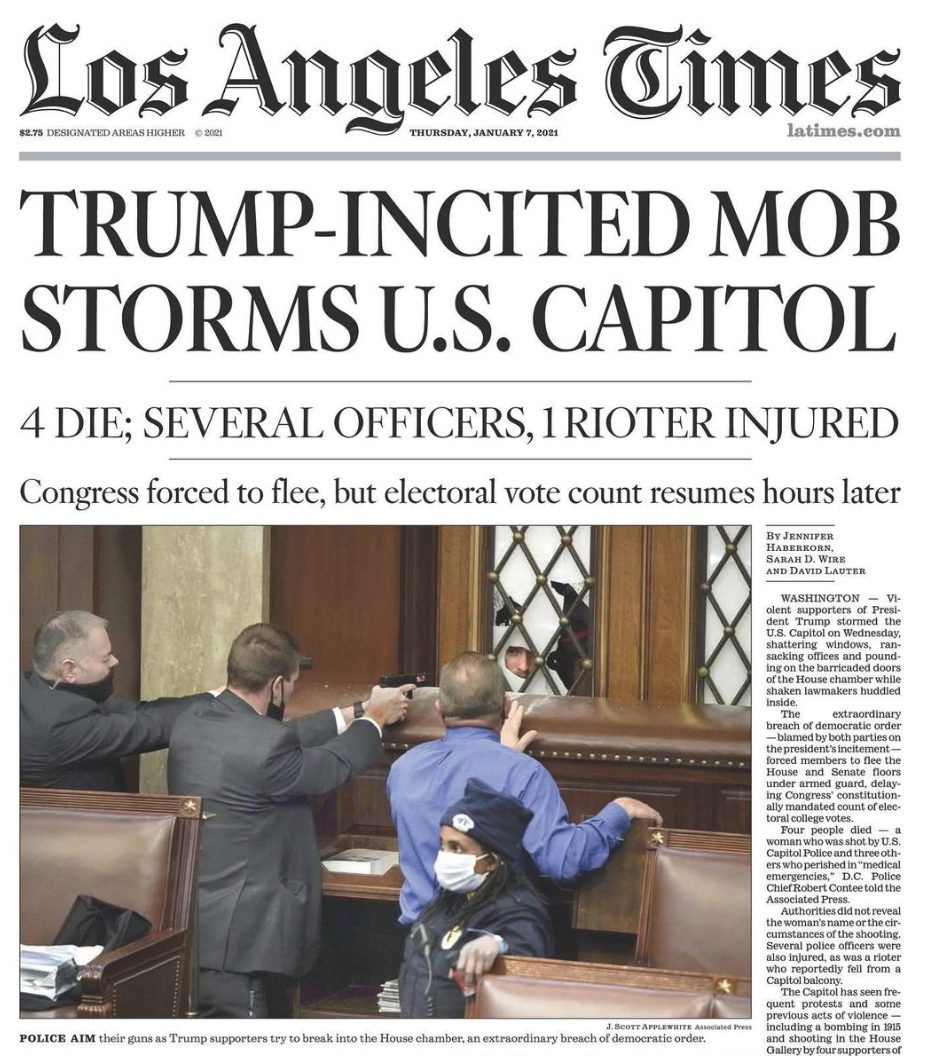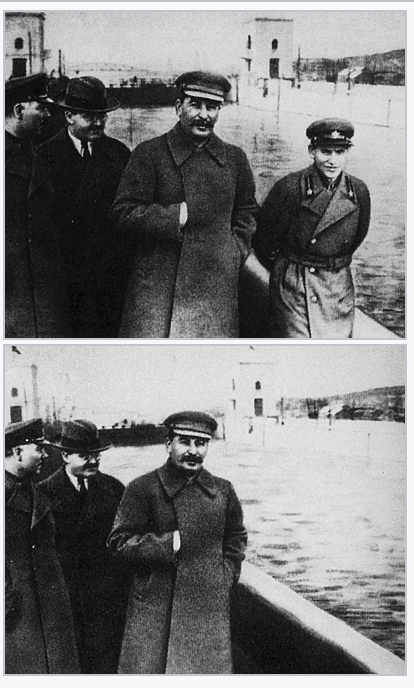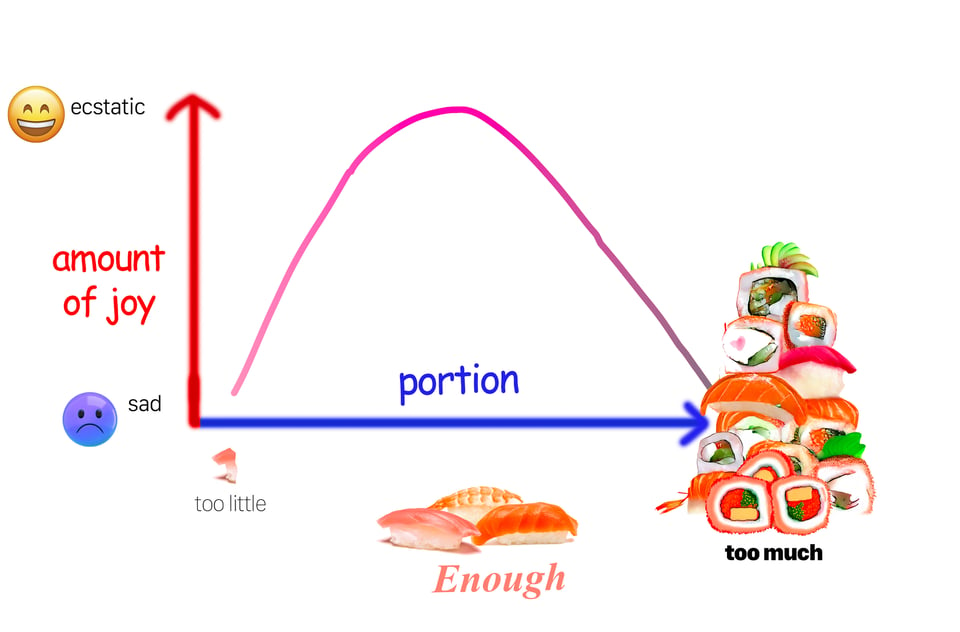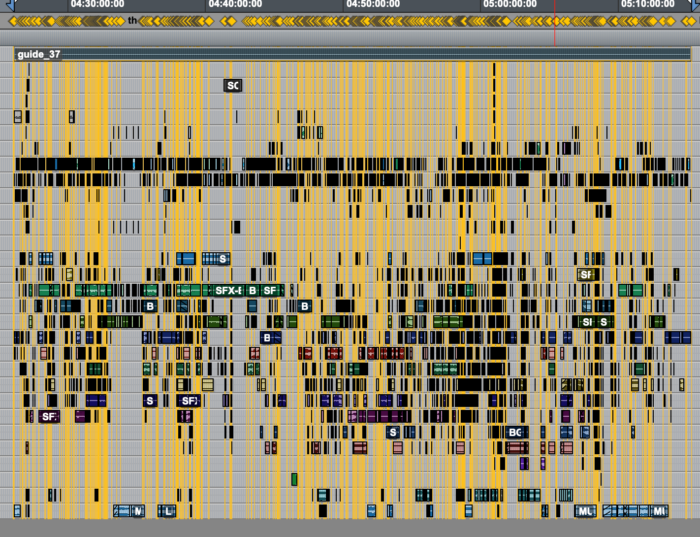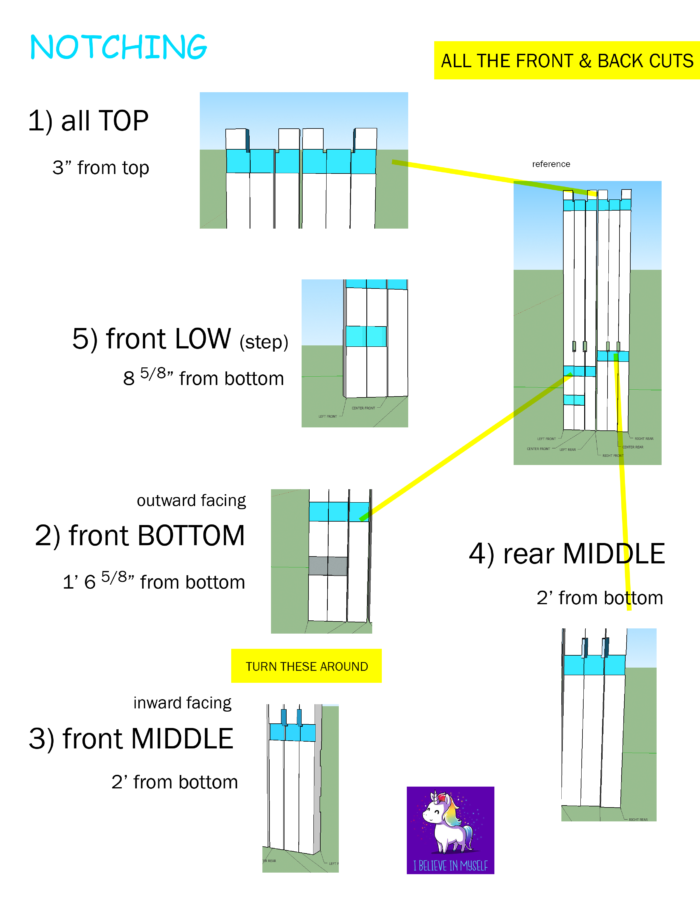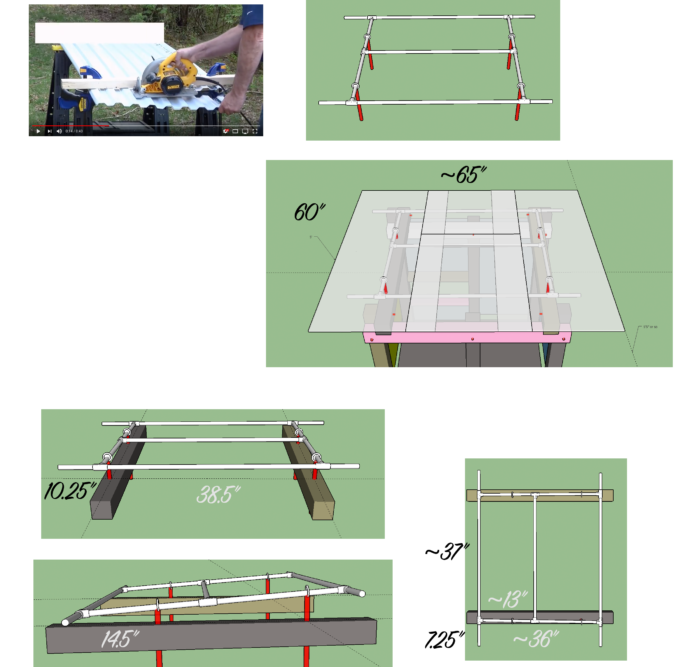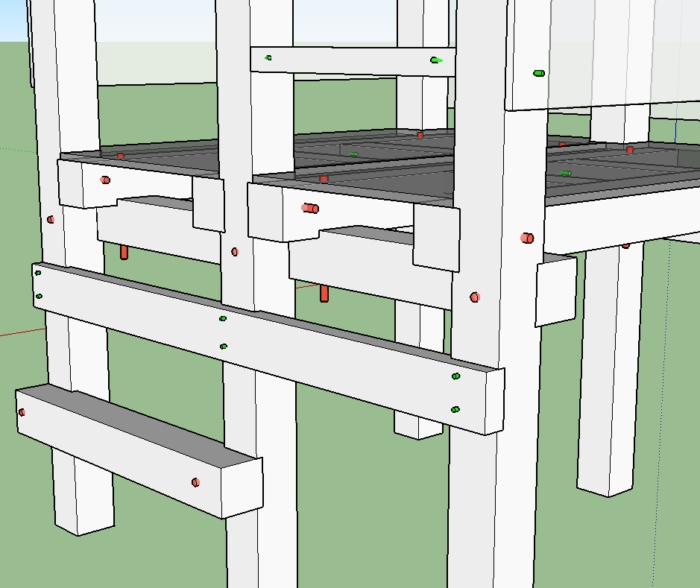The below is a recent newsletter that I’d like to make public here.
March 10, 2025
This edition is not about politics. My thoughts on the last week are in today’s post by Paul Krugman and on my public Instagram.
Instead, I want to briefly ask a few questions about how we make meaning and, in the spirit of Edwardian literature, how we might connect.
“Exercise for their faculties”
While our oldest and his classmates celebrated his 13th birthday by turning into a giggling ball of trivia and video games, I retreated to our bedroom and jotted down this visual joke:
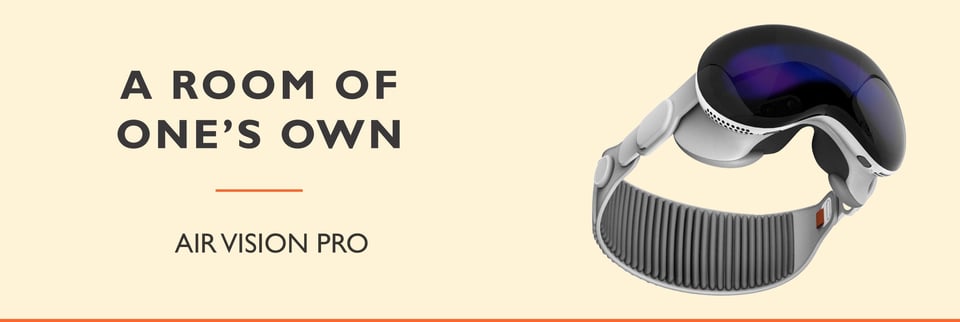
Earlier in the evening, I’d given a friend a brief demonstration and, upon taking it off, she exclaimed: “It’s like you’re really somewhere else.”
I’d replied that it’s like having a private theater, because that’s what I’m focused on for work, but its potential is greater as a
a portable, personal space
When we read, we create a space between the writer and the reader (often, the same person!)1
Out of that metaphysical space emerged most if not all of the greatest achievements of humanity. (e.g., liberal democracy)
Without such spaces there is no reflection, and without reflection there is no accountability.
The person who does not read, and does not work to make such a space, may live in their regrets but they do not understand their responsibilities.
Reading takes us out of our natural tendency to lapse into self-absorption.2 Where there was one, there are now two: subject and reflection.
What’s true for me is not necessarily true for you. But until it is written and legible (intelligible) it is not even true for me.
It only becomes true for me when it becomes external and thus necessarily social.3
is reading a solitary or a social experience?
Yes.
What does this have to do with a machine that creates a portable, personal space?

In an ideal world, we would gather and talk often. Perhaps, in drawing rooms.
“room appropriated for the reception of company,” 1640s, short for withdrawing room (16c.; see withdraw), into which ladies would retire after dinner. Earlier in the sense of “private room” as draw-chamber (mid-15c.); drawyng chaumber (early 15c.).
In the real world, we watch conversations that take place on sets made to look like living rooms.
These podcasts —so named because of the physical / virtual platform through which they became possible — now shapehow we imagine the public and private.
Yet as diverse as these exchanges may be, they are all driven by a single logic.
Rather than living in an age where there is a profusion of conversation, we are in fact in an age of exponentially increasing conformism.
There is but one constant conversation happening all around us, and one that is largely unintelligible to us despite having more impact on our lives than just about any other law or ideology:
Advertising.
Advertising logics rule everything around us and they are designed to be deaf to the content of our characters. Computers talking to computers to decide what we will see, hear, feel for the sake of advertising efficiency.
We are far beyond amusing ourselves to death. We are actively scrolling ourselves off a cliff of unmeaning.4
If the public sphere is now dominated by pseudo-social networks how to shield oneself then from surveillance capitalism?
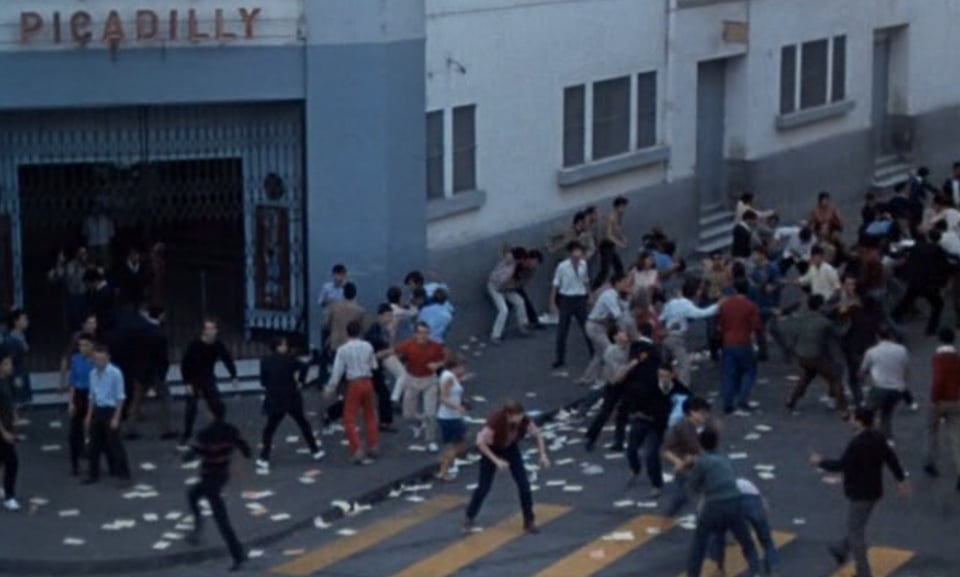
The day after our son’s birthday party, I watched the movie “Z” by Costa Gavras, which begins with an urgent search for a theater; a safe space to gather in community.
In an effort to shut down public debate of a future that is not organized around war, the state has closed all the city’s public forums to a group of pacifists who have invited a doctor from abroad.
Simultaneously, the state, thought a corrupted justice system, has also filled the streets with thugs who will viciously beat anyone who advocates for non-violence or against state-sponsored violence.
Well, that was then, right?

What good then is a portable room in an age of civic disintegration?
The answer may depend on how we answer another question:
Do we need more opportunities for reflection?
And to that I would add a few more:
- Is a shared space for reflection possible?
- What are the market incentives for creating such a space?
- If writing was born of material constraints, how does a different set of material possibilities expand what writing (and thus reading) can mean?
- If movies (and, later, television) were shaped by material constraints (i.e., market forces), what does an entirely different set of forces mean for the future of theater-at-a-distance?
- If our current regime is the end-state of television (cf., Rogin, Postman), what does an immersive media political reality look like?5
And with that, ”Thank you for coming to my Ted talk.”
Take care,
jose
Postscripts
- I’ve written here before that, by virtue of being a refugee, I come from America’s future. But this same perspective has its blinds spots. If you come from poverty, as I proudly do, there are things you don’t know because – well, how would you?So it was that Ana and I discovered on Friday what a Roth account is. IYKYK. And, in a few seconds, months were added to our clock. God Bless America. Or something to that effect.
- I understand that I risk undermining my own argument about the importance of being reflexive by hijacking Virginia Woolf’s feminist essay about economic parity. This is not an academic paper. If it were, I would point out that by focusing on the private sphere – that which money can acquire – my reflection is in keeping with her politics.
- Speaking of which, here’s a wonderful song called “In White Rooms”. An experience with which I’m quite familiar. How about you?Footnotes follow!
- Media observers often point out that most YouTube videos are not watched by anyone. Yesterday, I came upon thisjoke about how most podcasts are never heard. So what? They were made. Spaces were made. That is our second greatest achievement as a species – just after loving one another and protecting the delicate embers of life, itself.And if you’ve read this far you either already know, or should know, that such spaces are what Gadamer called the bridge (that most sacred of spaces) of human understanding. Just as you’ll recognize understanding is a spatial term – verstehen, to stand before.
- The fantasy that we are all in our own private simulation lasts precisely as long as our food supply.
- The space between author and reader is also where memories are turned into history.
- I know I promised to stay away from politics but it doesn’t mean that politics will stay away from us. Recently, I have fallen into the trap of joking “The Internet was a mistake.” But or course it wasn’t. The problem was relying entirely on ad networks.
- If our answer is to draw from novels and teleplays written during the age of cinema/television, I suggest we do not understand what is possible until it is, in fact, materially possible.
